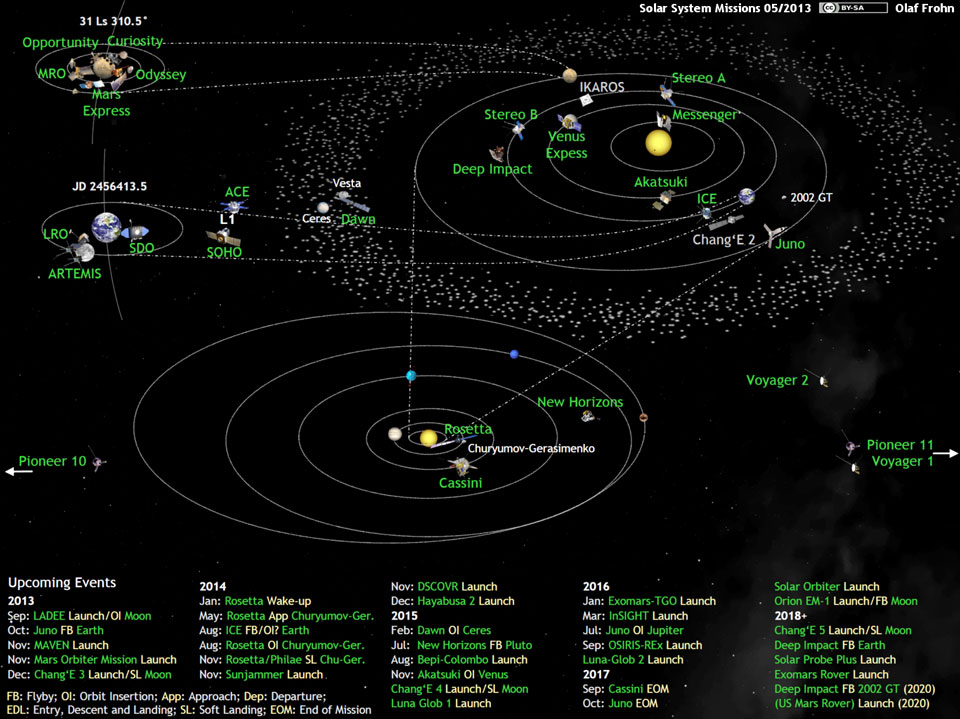Getting distracted while doing my engineering homework, I decided to scour the internet to see what people think about the concept of dividing by zero. It definitely got me thinking...
Granted, dividing by zero is a silly concept, as there's no real world example of it, and basic algebra is in no way equipped to solve such a conundrum. However, one of the most basic fundamental concepts of calculus involves dividing by zero; anyone who's studied limits knows what I'm talking about!
WARNING: MATH LESSON
Take the expression 1/x, for example, and let's start with x=1. 1/1 is equal to 1. If we make x=2, then we get 1/2. Now let's set x to a really big number, like 1,000,000. We then get a number like 0.000001, which is pretty darn small, on a macroscopic scale. If we go even bigger, like 10^10 (oh no, scientific notation; things just got real!), we get a number like 10^-10. See where this is going? Dividing 1 by a number just gives us the reciprocal of the number, so 1/(10^x) = 10^-x. In other words, really big values of x give us really small answers.
Now lets get really crazy. Let's make x (in our original expression, 1/x) infinitesimally small. So small, that it contains billions of zeros to the right of the decimal point, with a 1 all the way at the end; let's say that if we were to print this number out on paper, in 12 point font, it would cover 1 million pages of paper. That's a lot of zeros. What if we divide 1 by that number? We get a REALLY big number. So big that you would not want to bother counting it, as it, too, would take up 1 million pages of paper. To make things easier, you call that number... infinity!
Infinity is nothing more than a concept to describe numbers that are too big to worry about on a human scale. Humans like to make numbers smaller, because they're easier to deal with (and it saves paper). Infinity was invented to label numbers that are just too big that they're of no use to our calculations. Similarly, we can look at zero as a concept to describe a number that is so small, that we just pretend it isn't there. In this case, 0 is the reciprocal of infinity. Remember 1/x?
Now you must understand that this is not a universal truth; as I stated before, you'll get nowhere trying to prove this with basic algebra. Those of us who use calculus really appreciate this concept, because it means we can be lazy, which is a necessary requirement if you're going to be an engineer. Electrical engineers, for example, like to use this when we look at current flowing in a wire; since the expression relating current and resistance is reciprocal, we say that (assuming there is a voltage potential) with zero current we have an infinite resistance. Now, there is no such thing as infinite resisitance, even air has a non-infinite electrical resisitance - lightning strikes are proof of that. But on the scale that we usually deal with, it is OK to assume things like that. It makes our calculations easier, and as engineers we've long since established the fact that we're LAZY. We like shortcuts and assumptions.
I hope you enjoyed this bit of information, but do take this with a grain of salt. Math is a curious thing, and there are many different ways of explaining the same concept, and they don't always agree with one another. Kinda like religion. But don't get me started on that.



